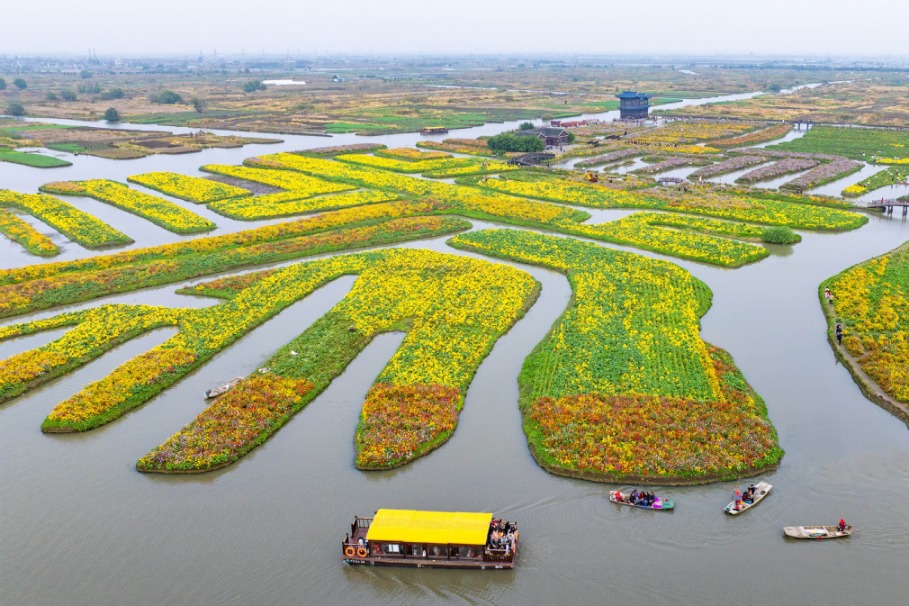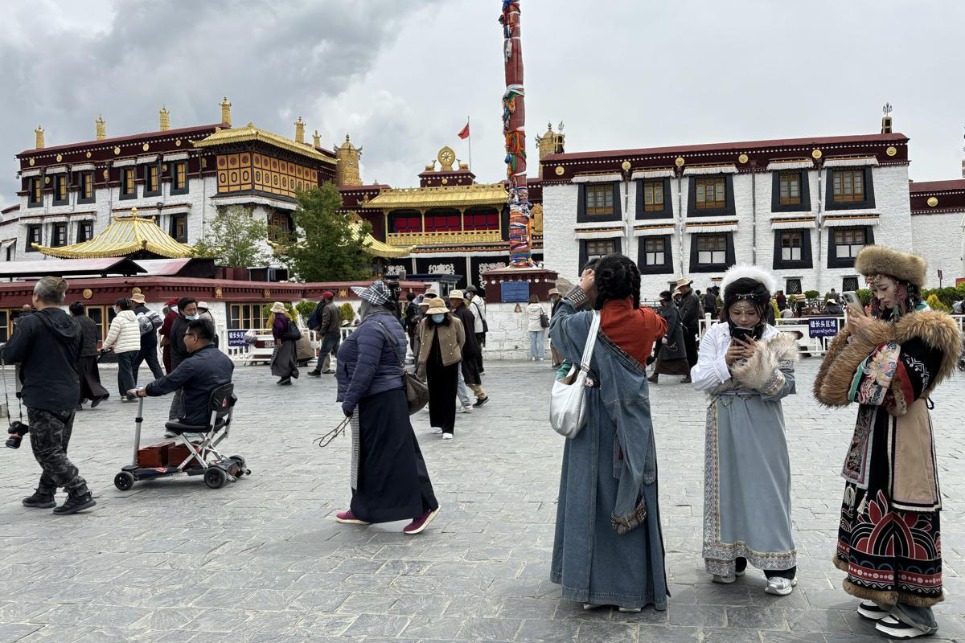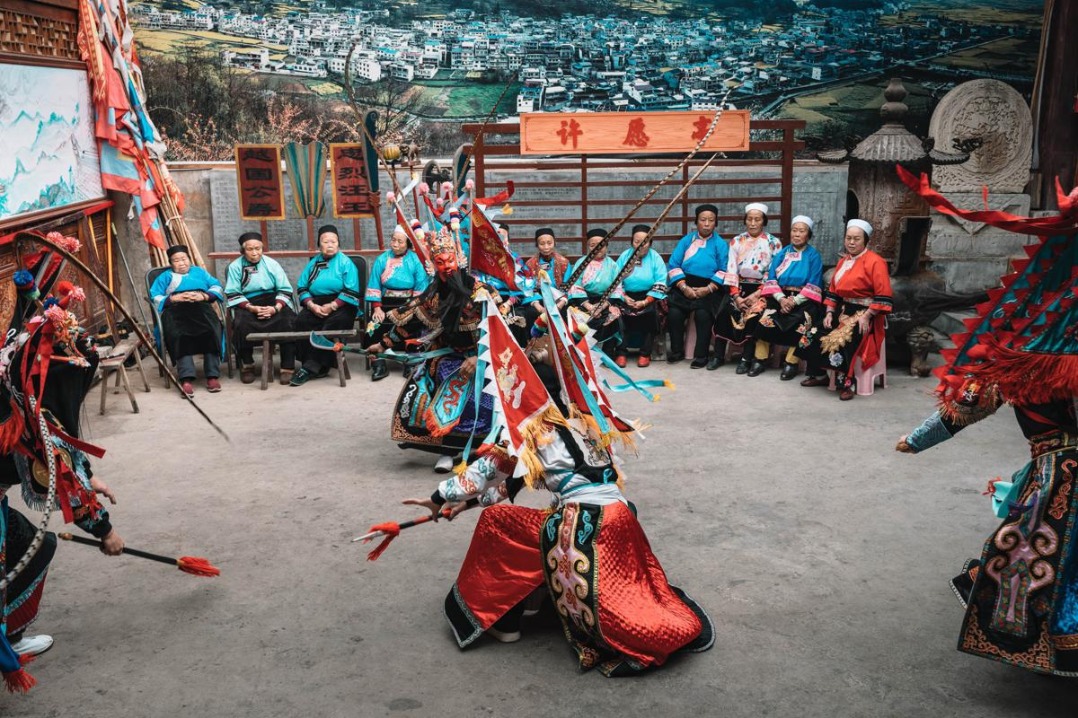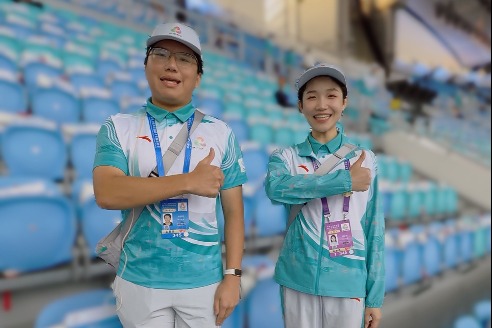New electoral system, real democratic movement

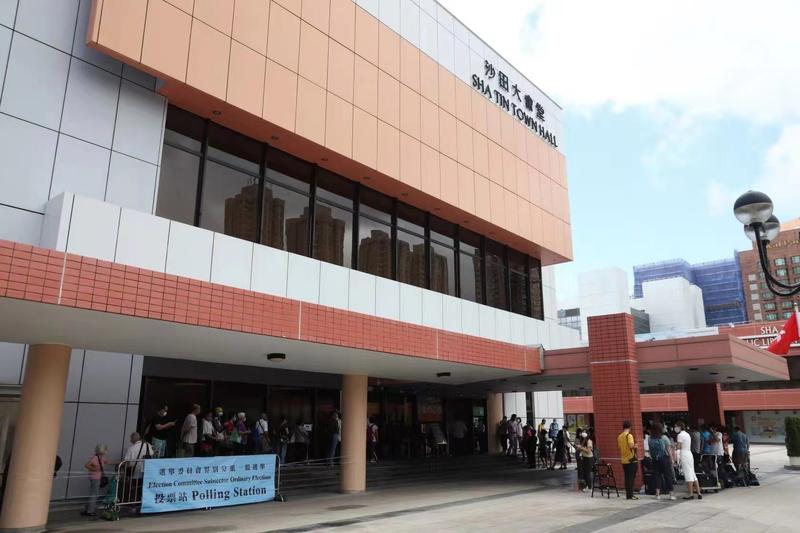
When we talk about the spirit and definition of "Democracy", the definition of Professor Larry Diamond of Standford University is often a go-to definition. He defines democracy as a "political system for choosing and replacing the government through free and fair election." The people can actively participate in politics and civic life. Human rights and rule of law can be protected throughout the system, in which the laws and procedures apply equally to all citizens.
If we use these four key elements, namely "election", "participation", "human rights" and "rule of law" to evaluate our new electoral system in Hong Kong Special Administrative Region, the new system would be eligible to be classified as a real democratic movement.
Our new electoral system is implemented in accordance with the constitutional order and actual situation of Hong Kong. The design of the three coming elections for the Election Committee, Legislative Council and the Chief Executive was made by the Decision of the National People's Congress at the Fourth Session of the 13th National People's Congress in Beijing on March 11, 2021.
The new mechanism is in accordance with the Basic Law and is an embodiment of the rule of law under "One Country Two Systems".
The principle of "balanced participation" is honored in every step of the new election. The influence of the tycoons has been curbed by limited entry to the committee, where each family can only have two of their members run for the election. Among the 1,247 candidates running for the Election Committee election, only 377 are incumbents.
Seventy percent are new faces in the political landscape in Hong Kong while 7,900 voters are from diverse backgrounds, ranging from the grass root level to social elites and celebrities. Sixty-seven percent of the voters are corporate representatives. Unlike in the past, their votes will represent collective interests rather than individuals.
These measures point to a clear message that no power can work against the national security and public interests of Hong Kong. It is a fair game for all in which everyone can participate free from the influence of capital.
The new electoral system will lead Hong Kong to recover from the political polarization. The enhanced representation and well-rounded participation will stabilize the social atmosphere by enabling an inclusive election.
Last weekend, many of the Election Committee ex-officio members organized roadshows to explain to the public what the election is and how the reform can protect human rights for the betterment of Hong Kong. This is an important public engagement exercise as the public can ask the Election Committee members about their criteria in selecting the next chief executive and legislative councilors. It is a safe civic life that secures the human rights of all, and which strengthens social justice. Under the new system, there will be no place for riots of the kind seen in 2019.
For the sake of building an international and pluralistic society, the new electoral system is a key and fundamental step for democratic movement in Hong Kong. The new electoral system embodies all four definitive elements of democracy as defined by Professor Larry Diamond. The systematic change brings the new law and order, which will be enjoyed by all citizens in Hong Kong. We expect to see the sophisticated institutional change brings out a better governance capacity to resolve the predicament of Hong Kong.
Maxine Yao is a surveyor and community organizer of Path of Democracy.
- Chinese scholar honored with Russia's 'Labors Reward' medal at Kremlin
- Section of national highway collapses in Sichuan
- Exhibition highlights historical and cultural roots of Guangdong, Hong Kong, Macao
- China showcases latest advances in metrology at Hunan exhibition
- New research by Nankai University offers hope to women affected by infertility
- Cultivation in Yunnan paves the way for 'durian freedom'

















